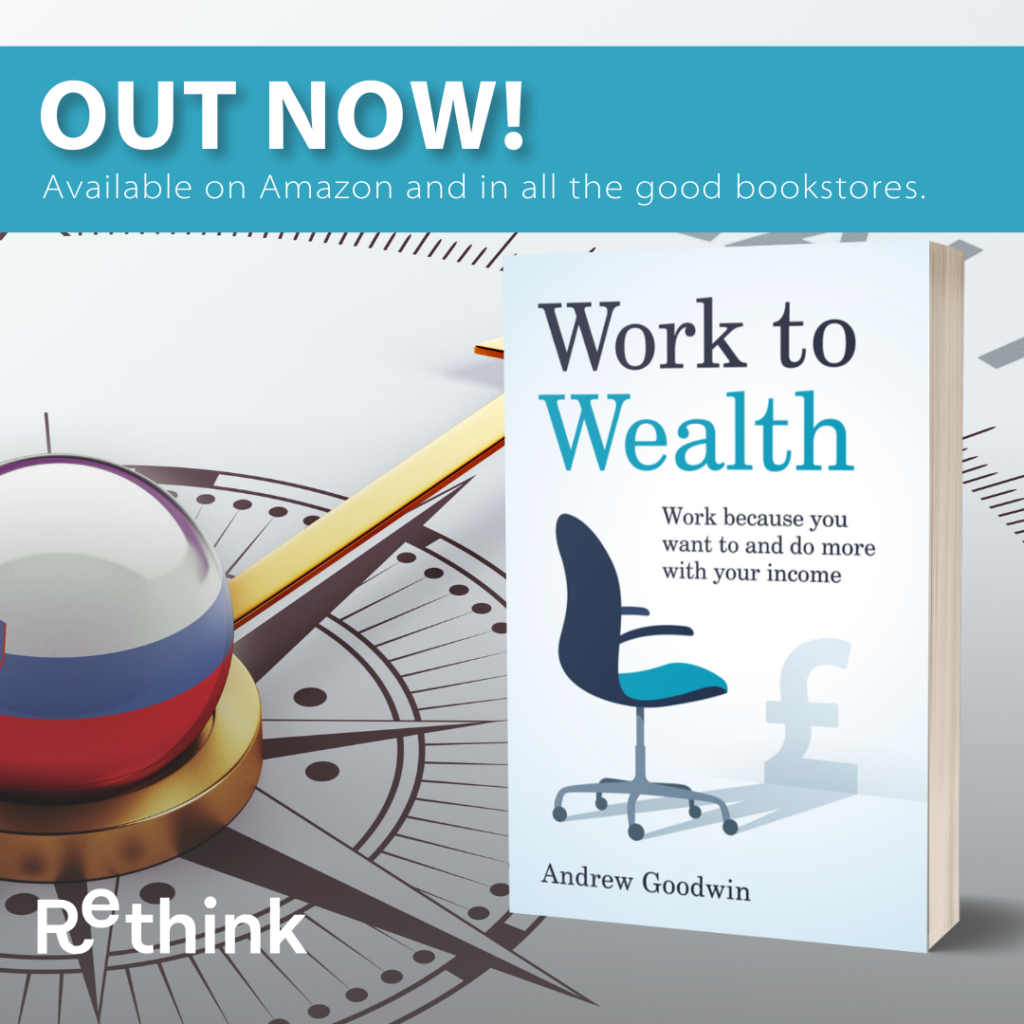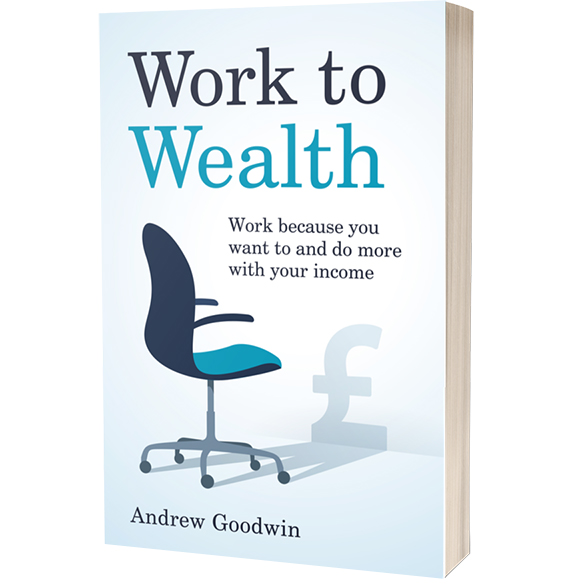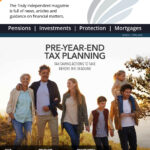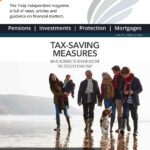With some research on the internet it doesn’t take long to discover there is a savings crisis in the UK. In 2014 HSBC reported that 44% of the population had less than £2,000 in savings. By 2016 The Money Advice Service said this had dropped to £100. The same searches today find similar results. Nearly half of the population has ‘at best’ no more than a single month’s income in savings. This is all down to the way we live and treat work. Changing this outcome is less of a challenge than you might first think.
If an individual has little or no savings, then what should they do to improve their situation?
First, they need a reason to change followed by an achievable target and the commitment to achieving that target. If you want to make a difference to your life and achieve your dreams, then there has to be a shift in how you think about work and income.
The dreams I hear people talk about are primarily modest and therefore reasonably achievable. They include:
• To own your home outright without a mortgage
• To drive a luxury car
• To run your own business
• To work in a job you love
• To travel the world
• To simply do nothing at all
There are plenty of similar examples and thoughts from the population dreaming of a better way to live. These people are frustrated with the daily churn and feel trapped in their work, a way of life not of their choosing. The answer is actually in work but let us start by looking at mindsets to avoid.











Follow us